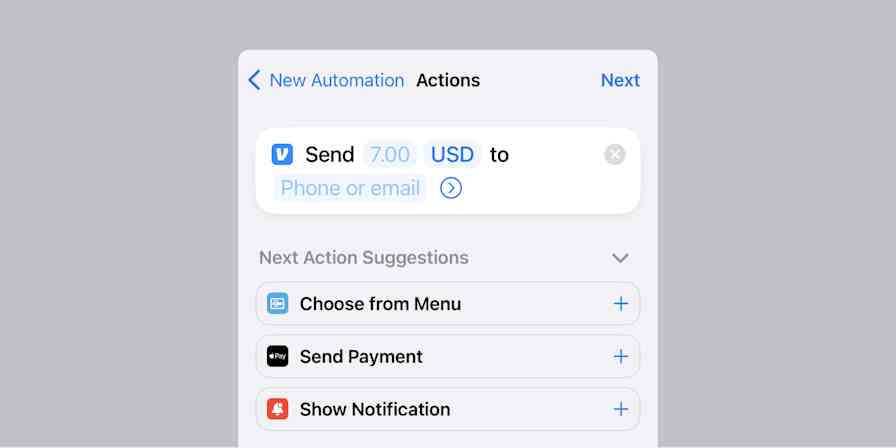Have you ever reached a point in your career where you felt like you weren't making any progress? Or perhaps felt left behind as your peers moved up their chosen pathways? I have.
At Zapier, where I work, some of us use "growth workbooks." It's a tool that's meant to help us keep track of and celebrate milestones throughout our careers. There's one section in the workbook where we list all our projects and initiatives, along with examples of how we've shown our job competencies. It's meant to serve as a tracker that will make things easier to collate come performance reviews.

I was struggling to think of examples where I'd demonstrated my job competencies. I took a 14-week parental leave earlier this year. Coming back to work wasn't as easy as I'd hoped. With a hyperactive toddler and a four-month-old around, it took a while for me to get back in the groove. So I didn't like how my growth book was looking. I felt like I wasn't making any progress at work.
I was hesitant to bring this up to my manager: should I really be telling my boss that I wasn't living up to my job description? But I decided to go for it. And I'm glad I did. She was able to cite very specific examples of my work for each of the competencies—things that I myself didn't recognize.
I learned a whole bunch of personal growth lessons from this experience, and I'd like to share them with you.
1. Recognize your strengths—and your small wins
When I was trying to come up with examples of my competencies, I was focused on big things—and I came up blank. But my manager reminded me that the small wins are just as important.
Example: I was asked to host a meeting at the last second. Presenting comes naturally to me, so preparing and hosting a meeting on short notice didn't register to me as something to be proud of. But my manager pointed it out as an example of demonstrating my job competencies, and it made me realize that I need to recognize my strengths in order to notice the small things I do that actually make an impact.
2. Change your perspective
The goal of my growth workbook is to help me keep track of my career growth, but when I wasn't able to fill it out, it gave me all sorts of negative feelings. If I couldn't find concrete things to put into the tracker, it made me feel like I wasn't growing.
I was defining growth as accomplishing x number of projects or leveling up in my career. But that's not all growth is: it's not just about a change in titles. Once I internalized that, I was able to see how much progress I'd made. As the saying goes, "changing your perspective changes your experience." It's easier said (or read) than done, but when you start noticing those negative thoughts creeping in, it's a good time to switch gears and change your perspective.
3. Get your feet wet with various projects
In the end, my manager was able to help me outline examples of meeting my competencies. But I realized that I may have had an easier time coming up with examples if I'd been involved in a wider variety of projects. Not that I wasn't going deep on what I was doing, but working on a variety of things would have given me more opportunities to show off different skills.
So don't be afraid to try things out at work. Be on the lookout for projects that you can participate in—things that interest you or might challenge you. They might not work out, and that's ok. You'll learn something along the way.
4. Remember you have support
At Zapier, we're lucky to have layers and layers of support: team leads, managers, people business partners, and even coaches. You may not have all of that, but hopefully you have at least one person you can open up with and have these difficult conversations with. I'm especially grateful for my manager, and she's a great example of the things a mentor can do for you:
She's really intentional in her interactions with me.
She sees my small wins—even those I fail to recognize myself.
Every time I come to her with challenges, she always comes back to me with suggestions and actionable tips.
She lets me see things from a different perspective (a real feat!).
If you're a manager, knowing when to be a manager and when to be a coach can be a huge help to your direct reports.
5. Don't be too hard on yourself—please!
You're the driver of your own growth, and you're doing the best you can. Always recognize that.
I've let my impostor syndrome get in my way too much. If you ever get that feeling that you aren't doing enough, contributing enough, giving enough—stop and pause for a moment. Showing up and giving your best self is enough. And always go back to my first point: acknowledge the little things that are making an impact.
When you're doing something comfortably now that used to feel so heavy—that's a good sign that you've grown. If you feel that you're struggling with your performance, be open to learning, and keep these tips in mind to get to a better place.




